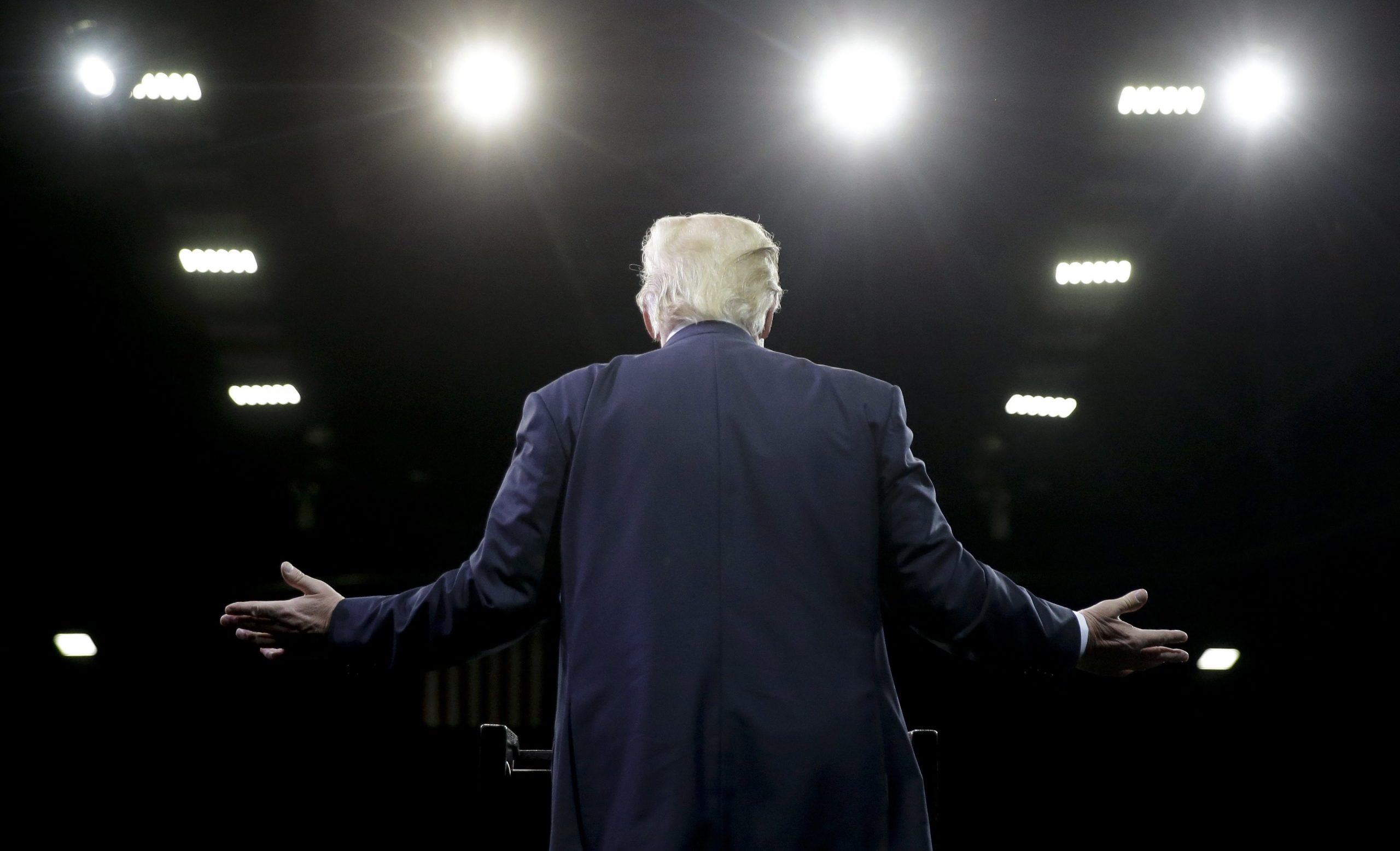The Art Of The Joke: A Childhood Lesson For Trump

- Funny
- Offensive
Taking the Stage
By Melissa Jordan
August 22nd, 2016 – When I sat down at a theatre last weekend to see my friend dance with her company, I was reminded of a couple timeless lessons. To begin with, I decided that a timeless lesson would be that you shouldn’t call a friend’s artistic performance a “recital” if they’re past the age of 13. The second lesson was possibly the greatest one I learned as a kid during my own ballet recital. When I would goofily poke my head around the curtains off the wing of the stage (hoping to catch my dad attempting to operate the RCA camcorder he had borrowed), my teacher would recite one thing. “If you can see them, they can see you.”
So when Donald Trump fell back on the defense of sarcasm a few days after making the comment that Obama and Clinton were the founders of ISIS, I fell back on that lesson I learned at an early age: “If you can see them, they can see you.” Trump doesn’t understand the responsibility of performing at a higher standard when you know without a doubt that eyes are on you. In theory, sure, you should be able to make any type of joke you want. In theory, sure, you should be able to wear anything you want. The truth is, though, if I want to be the principal of an elementary school, I can’t wear fishnet stockings and a see-through shirt. If I want to be the President of the United States, I can’t make jokes about a sitting President being involved with a terrorist organization.
When comedians become political, occasionally positive change happens. When politicians become comical, rarely does any result aside from talking heads earning their paychecks happen. So I hope that we can take a sharp turn in the remaining months of this election season. I hope politicians can understand the presumed obvious fact that people are watching. I hope they can speak with opinionated restraint and realize that every word matters. I hope real action comes from thoughtful words instead of merely an explosion of opinions as to what “jokes” could have meant.
